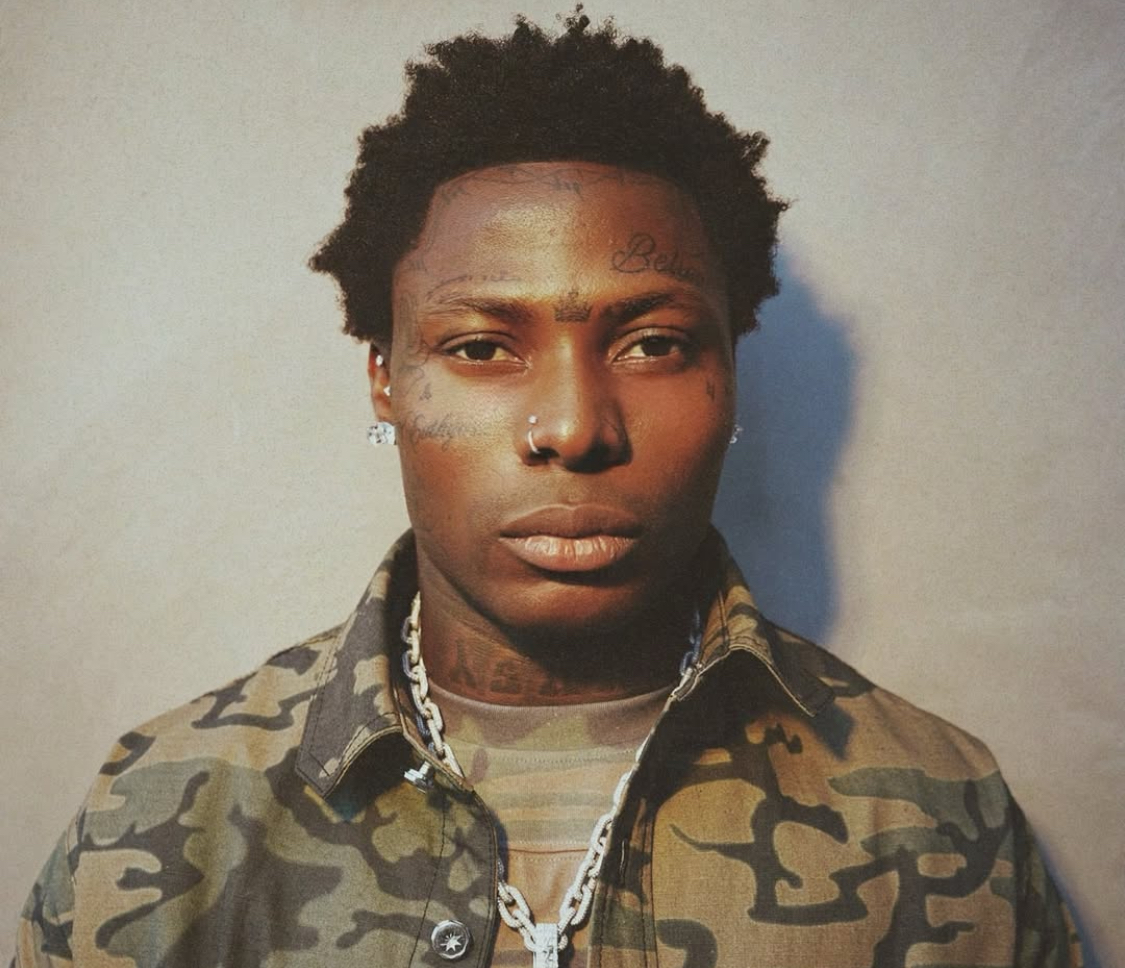Afrobeats Global Artist Celebrity News Music & Entertainment News Trending News by Ebenezer Ojo November 19, 2025
312Views 0Comments

If you know Asake, then you should be familiar with the central role Yoruba plays in his artistic identity. Speaking with ESSENCE, the Nigerian singer says he feels most authentic when he sings in Yoruba, his mother tongue, and he isn’t willing to dilute his style to please critics.
He insists he can sing in English, but he prefers Yoruba because it allows him to express his deepest emotions. He made this clear during an interactive session with fans, telling them that if they don’t “fvck with” his Yoruba, then they don’t need to engage with his music. To him, switching to English would mean abandoning a part of himself, and that’s a line he refuses to cross.
In his exact words:
“So, it’s not like I can’t communicate in English with people. I think I can actually talk to the whole world in English or probably sing to the whole world in English for everyone to understand it. But, because my music is based on my own story and my own journey and the stuff that shapes me… I think I’m more comfortable to say it in Yoruba because it has the depth of how I want it to be said. So, I just feel more comfortable with using my mother language.”
Moreover, his albums reinforce this linguistic conviction. All three of his major works: Mr Money With The Vibes, Work of Art, and Lungu Boy, feature predominantly Yoruba lyrics. It’s a deliberate choice, not a limitation.
By weaving his native tongue into his songs, Asake forges a sound that’s deeply personal yet widely resonant, connecting cultural authenticity with commercial success. Asake also argues that music transcends literal understanding.
He believes the emotional force of a song often carries more weight than the words. To him, feeling the music matters more than parsing every line, and Yoruba carries that emotional energy in a way English (sometimes) cannot. His fans, in turn, feel a more direct connection to his art because of that raw, unfiltered expression.
Apparently, his decision to stick with Yoruba has won admiration. He’s praised for sticking to his originality and many believe this steadfastness is a major factor behind his global appeal. Rather than conform to international expectations, he elevates his mother tongue, turning what some see as a barrier into a unique strength.
In conclusion, Asake’s stance signals that there is more to music than just the language. By embracing his Yoruba roots, he affirms his cultural heritage while carving out a unique niche in Afrobeats. His message is clear: he will not compromise who he is for anyone else.
We agree with Asake. Do you? Let us know in the comments. Connect with us for more trending news like this on Instagram | YouTube | TikTok | X | Facebook